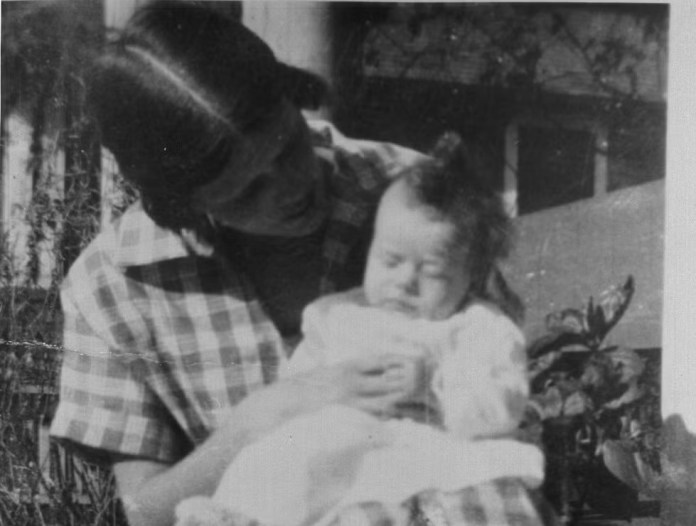On Sunday, December 29, 2024, the world woke to the news that the 39th President of the United States, Jimmy Carter, had passed away at the age of 100.
Born James Earl Carter Jr., a Democrat, Carter will be remembered for many reasons, from being the earnest Georgia peanut farmer who defeated the incumbent Republican President Gerald Ford in the 1976 election to struggling with a bad economy and the Iran hostage crisis as President to brokering peace between Israel and Egypt and later receiving the Nobel Peace Prize for his humanitarian work.
There is a lot that can be said of the now-deceased Jimmy Carter, who served one term as president.
Here is a biography of President Jimmy Carter, who served 444 days in The Oval Office.
Early Life and Roots
James Earl Carter Jr. was born on October 1, 1924, in Plains, Georgia, a small rural town that shaped much of his character and values. Carter, the eldest of four children, grew up in a modest household with a father who was a farmer and businessman and a mother who was a nurse. His upbringing in the segregated South profoundly influenced his perspective on social justice and equality. As a boy, he worked on his family’s peanut farm, something he would continue for years.

Lillian Carter holds a baby Jimmy, one month old.
Carter graduated as valedictorian of his high school class in 1941. His academic success earned him admission to the U.S. Naval Academy in Annapolis, Maryland, where he graduated in 1946. During his naval service, he met Rosalynn Smith, whom he married in 1946. Their partnership would become a strong foundation of his personal and political life.
Naval Career and Return to Georgia
Carter served as a naval officer specialising in submarines. He was part of the early U.S. nuclear submarine program under Admiral Hyman Rickover. However, following his father’s death in 1953, Carter resigned from the Navy and returned to Plains to take over the family peanut farm. This transition marked a turning point in his life, as he became increasingly involved in local community affairs and politics.
Rise in Politics
Carter’s entry into politics began with a seat on the local school board, where he advocated for desegregation and improved education. In 1962, he was elected to the Georgia State Senate, where he earned a reputation as a reformer willing to challenge the status quo. His gubernatorial ambitions were realised in 1970 when he was elected Governor of Georgia. As governor, Carter promoted racial integration, education reform, and government transparency, positioning himself as a progressive leader in the New South.
Presidency (1977-1981)
Jimmy Carter’s presidency is remembered for its focus on human rights, diplomacy, and environmental issues. He defeated incumbent Gerald Ford in the 1976 presidential election, presenting himself as a Washington outsider who could restore trust in government after the Watergate scandal.
Key Achievements:
Camp David Accords: In 1978, Carter brokered a historic peace agreement between Egypt and Israel, earning him widespread recognition.
Panama Canal Treaties: He negotiated treaties that returned control of the Panama Canal to Panama, a move aimed at improving U.S.-Latin American relations.
Human Rights: He prioritised human rights in foreign policy, emphasising the moral responsibility of the U.S. in global affairs.
Energy Policy: Carter emphasised energy conservation, renewable resources, and reducing U.S. dependence on foreign oil, creating the Department of Energy in 1977.
However, Carter’s presidency faced significant challenges, including high inflation, the Iran hostage crisis, and an energy crisis, which overshadowed many of his accomplishments and contributed to his defeat by Ronald Reagan in the 1980 election.
Post-Presidency and Legacy
Carter’s post-presidency has been widely regarded as one of the most successful and impactful in U.S. history. In 1982, he founded the Carter Centre, an organisation dedicated to promoting peace, health, and democracy worldwide. Through the Centre, Carter was instrumental in combating diseases like Guinea worm and river blindness and monitoring elections in emerging democracies.
Carter’s humanitarian work earned him the Nobel Peace Prize in 2002. He was also a prolific author, writing numerous books on topics ranging from politics to faith to his personal life.
Personal Life and Values
Until he met his death, Jimmy and Rosalynn Carter were married for over 75 years. The Carters are known for their humility, commitment to service, and deep faith. They have also been active in Habitat for Humanity, building homes for those in need well into their later years.

President Jimmy and his wife Rosalynn Carter.
Jimmy Carter’s life is undoubtedly a testament to the power of integrity, service, and perseverance. He remained committed to improving the world despite facing political and personal challenges. His legacy as a peacemaker, humanitarian, and advocate for justice will indisputably continue to inspire people around the world.

Wohh precisely what I was searching for, appreciate it for putting up.